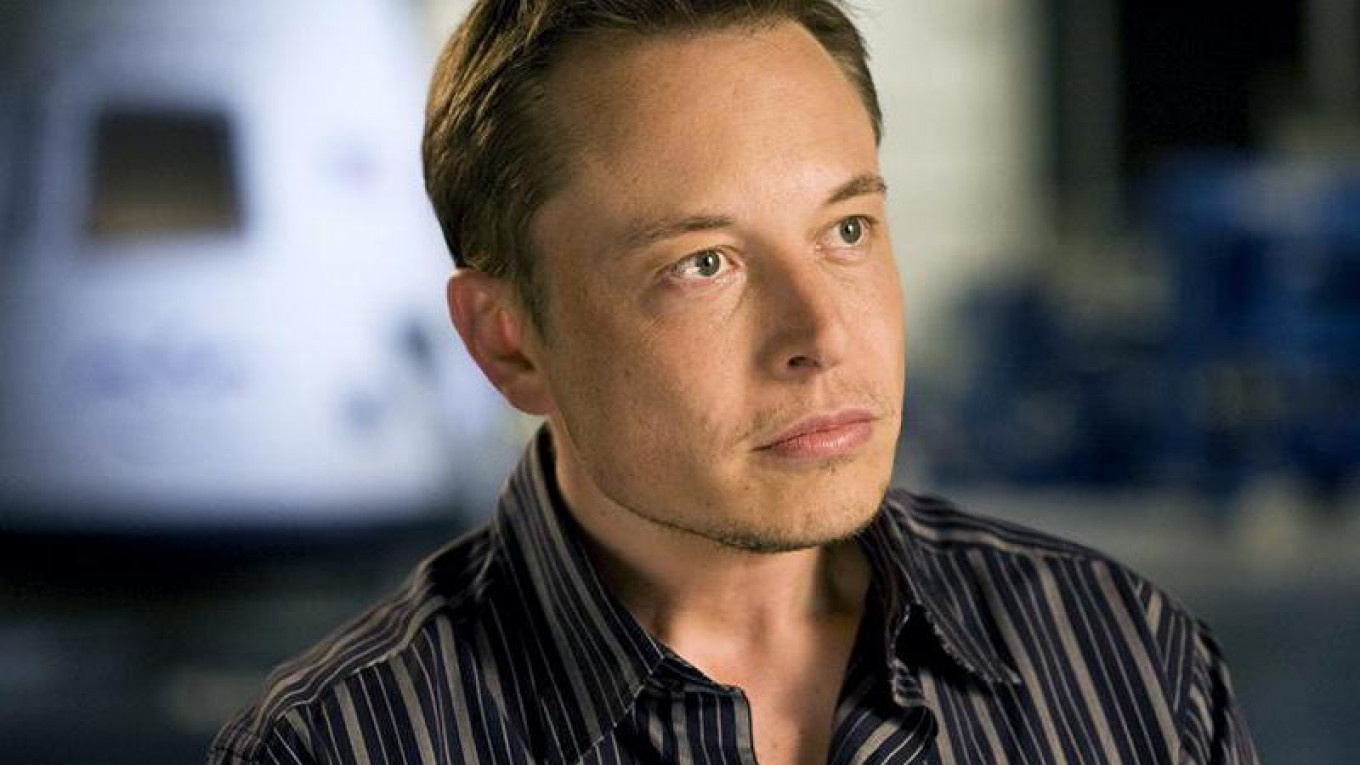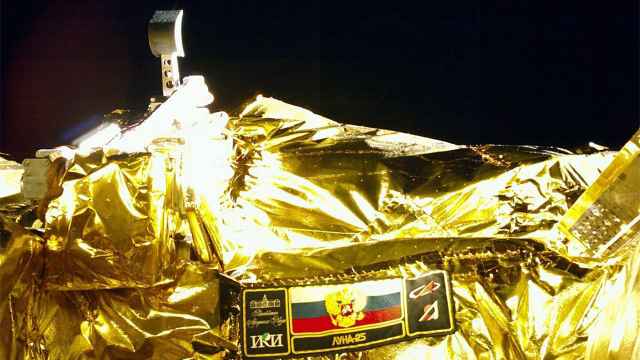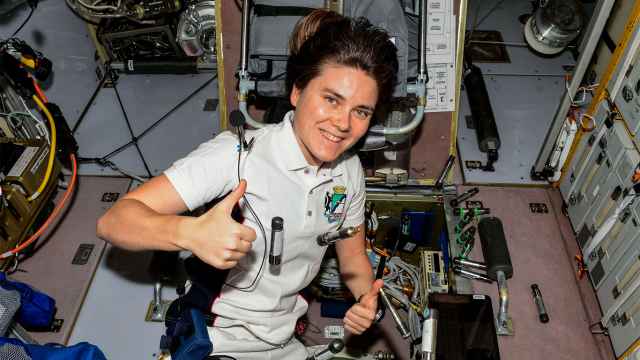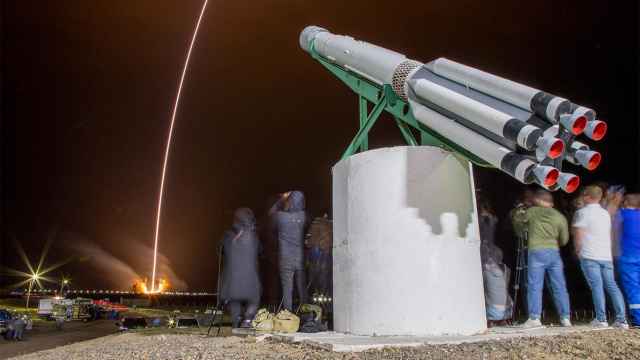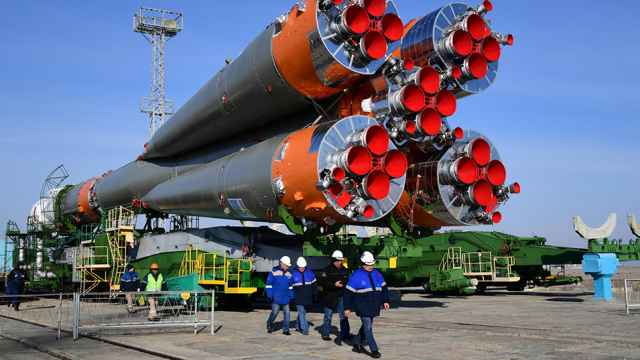Nowhere did Tuesday’s launch of SpaceX’s Falcon Heavy rocket echo as powerfully as in Russia. The private U.S. company continues to produce technical feats on which the Russian space industry has given up: First the consistent reuse of rockets, and now the successful launch of a rocket with as many as 27 engines.
The Soviet Union tried something similar in the 1960s and early 1970s. Sergei Korolev, the rocket designer who launched the first satellite and the first man into space, began the development of what came to be known as the N-1, a 30-engine superheavy rocket capable of taking a 75-ton space station to orbit and perhaps to the Moon, Mars and Venus.
Finished after Korolev’s death in 1966, the N-1 was test-launched four times. Each of the launches failed, largely because of the difficulty of running so many engines at the same time.
Now SpaceX has pulled off a similar task, and even though it’s not clear yet who will contract for the Falcon Heavy’s services, SpaceX founder Elon Musk now has the most capable missile in the world: It can deliver up to 64 tons into orbit. Russia’s plans to build such a rocket, capable of flying to the Moon or to Mars, aren’t even completeyet, and certainly not fully funded, though Igor Komarov, head of Roscosmos, the Russian space agency, has promised a first launch in 2028.
Even China is likely to have a superheavy launch vehicle before Russia. But it’s the success of upstart Musk that smarts. Roscosmos has the full power of the state behind it, after all. And yet here’s this boyish-looking showman launching his roadster into space, David Bowie blasting from the car’s speakers and “Don’t Panic” — a quote from Douglas Adams’ “The Hitchhiker’s Guide to the Galaxy” — lit up on the central console.
The corniness didn’t make it less bitter. Russians laugh when it hurts and there were plenty of Russian memes that gamely acknowledged defeat by suggesting what Russia could have launched into space in place of a Tesla Roadster:
But the undertone is serious. Vitaly Egorov, spokesman for Dauria Aerospace, a private Russian satellite manufacturer that works with Roscosmos, posted bitterly on Facebook:
“In fact, Musk hasn’t done anything fantastical. Korolev has done this kind of thing, and so did [rocket engine designer Valentin] Glushko. Soviets did it, and Russians can do it too. But now we’re onlookers and we see it as the stuff of fantasy. Many people have asked me: ‘Could we replicate the success of SpaceX?’ Technically, we can. In the final accounting, landing a stage or making a superheavy rocket is a mathematical task, and we aren’t out of mathematicians. What we are out of is dreamers. To know how to fly and where to fly, we need to know why we’re flying.”
Musk, with his crude salesmanship and nerdish cultural references, has a dream, described in a white paper he published last year: To colonize Mars. Musk admitted in the white paper that was his only motivation for getting rich.
Russia doesn’t really have a dreamer to match. It has Dmitri Rogozin, the nationalist deputy prime minister in charge of the defense and aerospace industry, who publicly squabbled with the Roscosmos management after the latest launch failure in November. Roscosmos officials hired a private Gulfstream jet to fly to the launch from a new pad in Russia’s Far East, but the Soyuz rocket, carrying 18 satellites, burned up in the atmosphere.
Rogozin then accused Roscosmos of programming the Fregat upper stage for a launch from a different pad. “One tailor sews the pocket, another the lapel, but the suit doesn’t work as a whole,” Rogozin said. Roscosmos denied making the error. But, after a series of criminal investigations in the Russian aerospace industry — with cases including the improper use of cheap components in building rockets — not even the silliest explanations are out of the question.
Ever since the Soviet Union’s collapse, the Russian space program has been run pragmatically for cash. Using time-tested technology, Russia seized leadership in the commercial launch market. But SpaceX’s persistence and ingenuity, and its success in bringing down costs by reusing rockets, made it the likely market leader last year and possibly even profitable. The Falcon 9 was certainly the most successfully-launched rocket in the world.
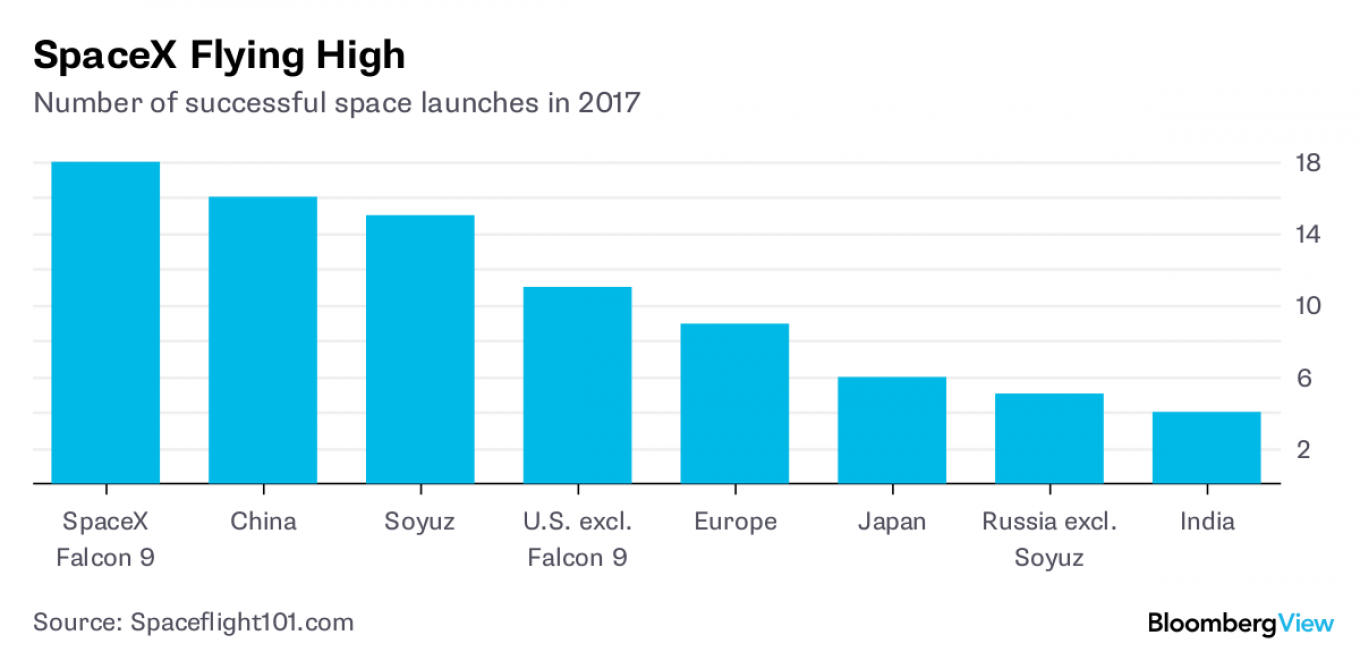
Roscosmos has acknowledged the SpaceX threat, which it spent years pooh-poohing, and is working to reduce launch costs by 20 percent and reuse rocket components. But Musk’s company is ahead of the game for now, and it won’t be easy to catch.
Many Russians who are jealous of Musk’s success point out that he hasn’t gotten where he is without government support — technical assistance from NASA as well as billions in government subsidies. But the rest of the U.S. aerospace industry gets lots of government money, too, and so do European, Chinese, Japanese and Indian space programs. Egorov probably put his finger on the difference.
The private passion of a socially clumsy, irritating, science fiction-reading, electric roadster-driving geek has done more to establish SpaceX’s leadership than any state support could have done. The dream behind the engineering and the enterprise may not look as serious as the state considerations of Rogozin and Komarov — but it sure helps propel some heavy objects into space.
Leonid Bershidsky is a Bloomberg View columnist. He was the founding editor of the Russian business daily Vedomosti and founded the opinion website Slon.ru. The views and opinions expressed in opinion pieces do not necessarily reflect the position of The Moscow Times.
A Message from The Moscow Times:
Dear readers,
We are facing unprecedented challenges. Russia's Prosecutor General's Office has designated The Moscow Times as an "undesirable" organization, criminalizing our work and putting our staff at risk of prosecution. This follows our earlier unjust labeling as a "foreign agent."
These actions are direct attempts to silence independent journalism in Russia. The authorities claim our work "discredits the decisions of the Russian leadership." We see things differently: we strive to provide accurate, unbiased reporting on Russia.
We, the journalists of The Moscow Times, refuse to be silenced. But to continue our work, we need your help.
Your support, no matter how small, makes a world of difference. If you can, please support us monthly starting from just $2. It's quick to set up, and every contribution makes a significant impact.
By supporting The Moscow Times, you're defending open, independent journalism in the face of repression. Thank you for standing with us.
Remind me later.



